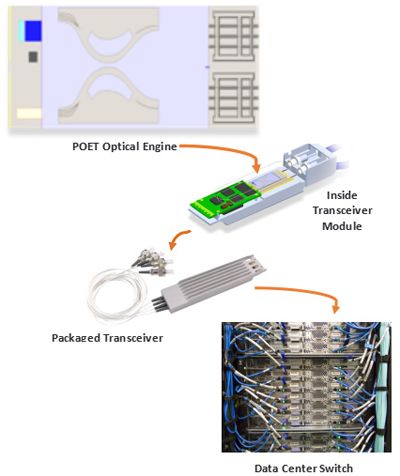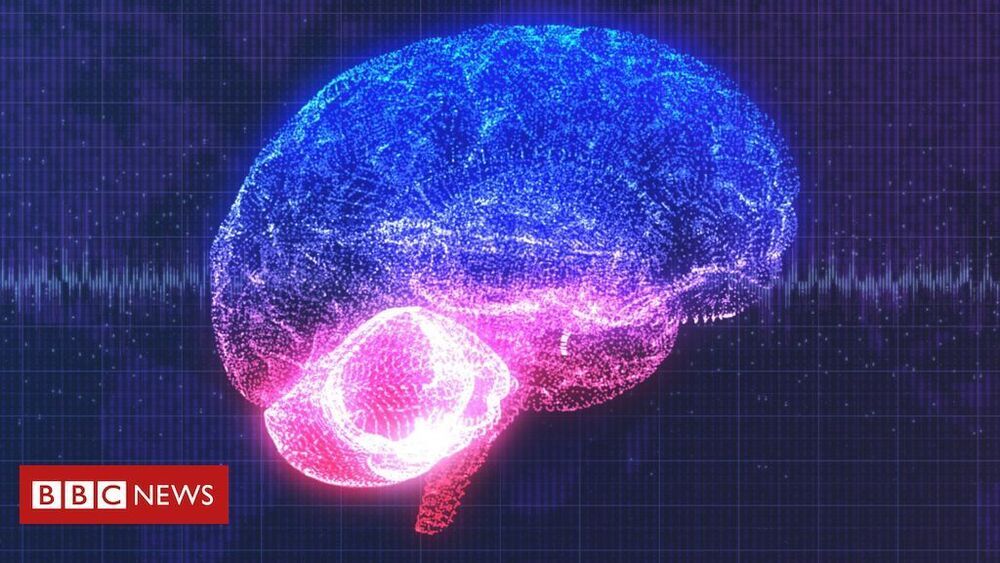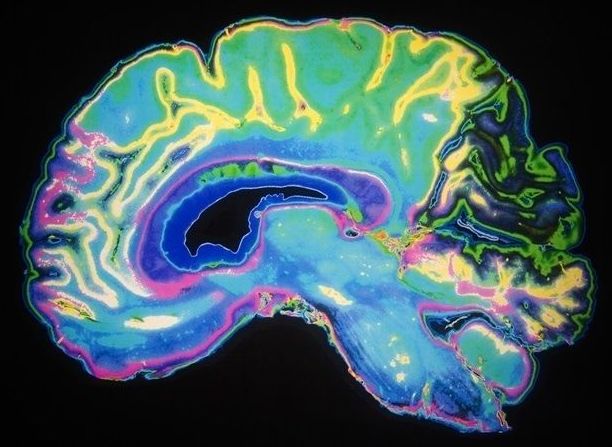Yale physicists have developed an error-correcting cat — a new device that combines the Schrödinger’s cat concept of superposition (a physical system existing in two states at once) with the ability to fix some of the trickiest errors in a quantum computation.
It is Yale’s latest breakthrough in the effort to master and manipulate the physics necessary for a useful quantum computer: correcting the stream of errors that crop up among fragile bits of quantum information, called qubits, while performing a task.
A new study reporting on the discovery appears in the journal Nature. The senior author is Michel Devoret, Yale’s F.W. Beinecke Professor of Applied Physics and Physics. The study’s co-first authors are Alexander Grimm, a former postdoctoral associate in Devoret’s lab who is now a tenure-track scientist at the Paul Scherrer Institute in Switzerland, and Nicholas Frattini, a graduate student in Devoret’s lab.







